Allan Wood
Allan is a well-respected and loved Coquetdale figure. We are so lucky to have him here, with his expressive words and his beautiful creations. I say 'lucky', because the people of Australia or Canada could quite easily have been the ones benefiting from his creativity.
Here is what I found out, when I interviewed this multi-talented man, in 2020.
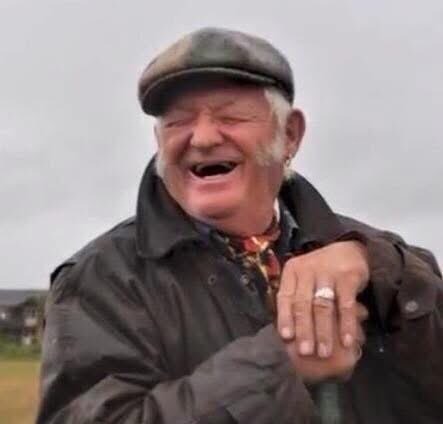
I've been told many times; 'You must talk with Allan Wood. 'He is canny, and a great dialect poet'. I was therefore delighted to meet Allan, and his lovely wife, Evelyn.
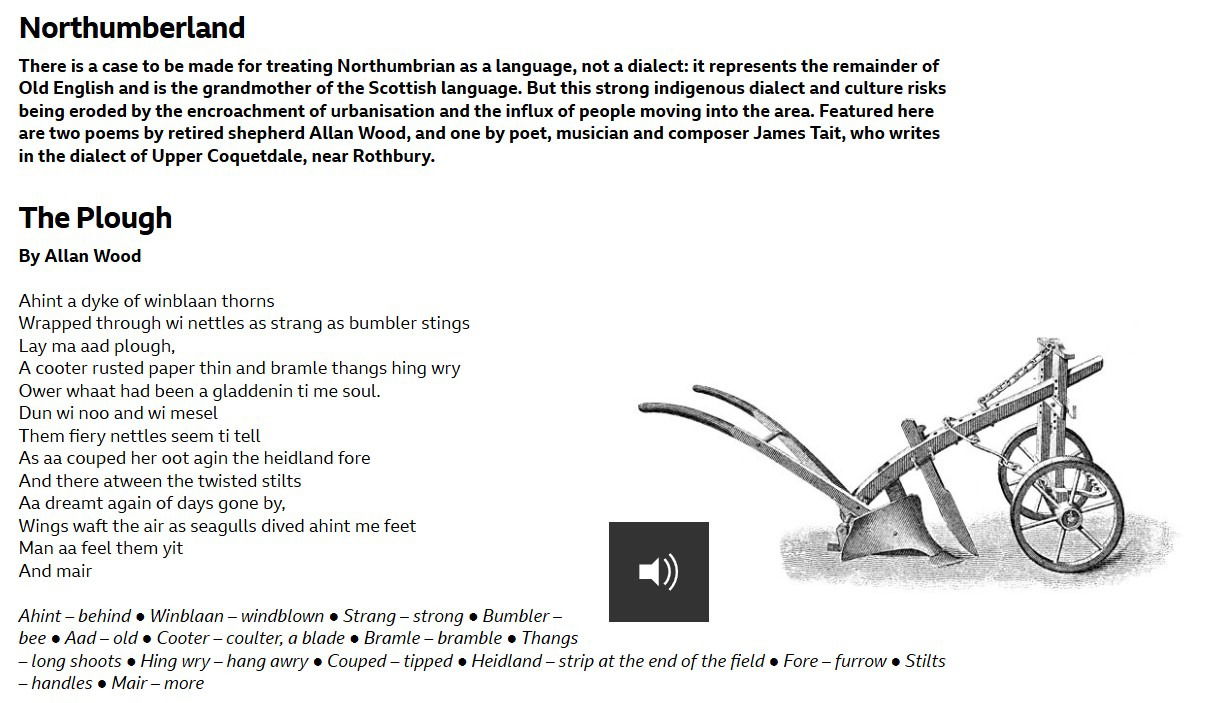
We sit down in Evelyn's 'domain', I explain why I want to talk with Allan, about the many people who have recommended him as a fabulous creative.
''There's nowt special about me' he laughs. They both tell me about his upbringing: of his traveler ancestry, how he was born in Sunderland and brought to Sharperton, aged three, to live with his Grandmother and Uncle.
Allan's maternal grandfather was from Welsh traveler heritage. Allan is also related to the Rogersons, a long-established Coquetdale family. During the war, Allan's mum went to work in a munitions factory, after conceiving Allan. The baby was born in Sunderland, in August 1941, and was fostered with a family in Ashington. “I was lucky I was not sent to Barnado's - I could have ended up in Canada, or Australia, maybe”, explains Allan.
When he was three, Allan's uncle, Alex Wood (his mother's brother) and his grandmother, Annie (Annabelle Wood) found out where he was, and promptly went to collect him and bring him home to Sharperton, Coquetdale. “I was always crying, but it wasn't surprising, I had never seen these people before”.
He was so loved and cherished, however, he soon settled into his new life. “I was a bright kid, I could knit a pair of socks, and clip a sheep when I was 9 years old”. He was brought up to be a shepherd: “I could lamb sheep before I went to school”. He also enjoyed looking at books, pictures, reading poetry and listening to music.
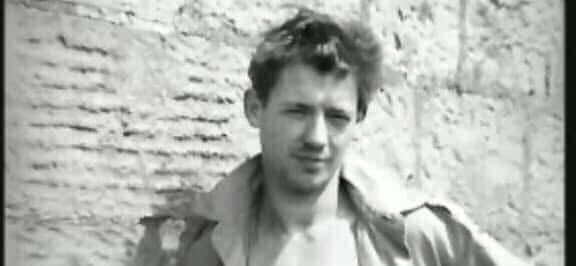
His work as a shepherd ended, though: “I was out poaching salmon, when I slipped down a low bank, injuring my back”. He could no longer manage the physical work but made a great career as a gardener at Rothbury House. The gardens were overgrown and neglected and Allan brought them back to glory. He is very knowledgeable about all kinds of plants.
He tells me about making something for the pleasure of it. “George Snaith made sticks, holly shanks carved with knives he made himself. He produced his own paint, mixing in certain plants for the colours. On one stick, he painted a poem by Tennyson up it. I thought, I'm going to make one, but I'm going to write my own poem”. Allan succeeded, and continued to write poems his whole life.
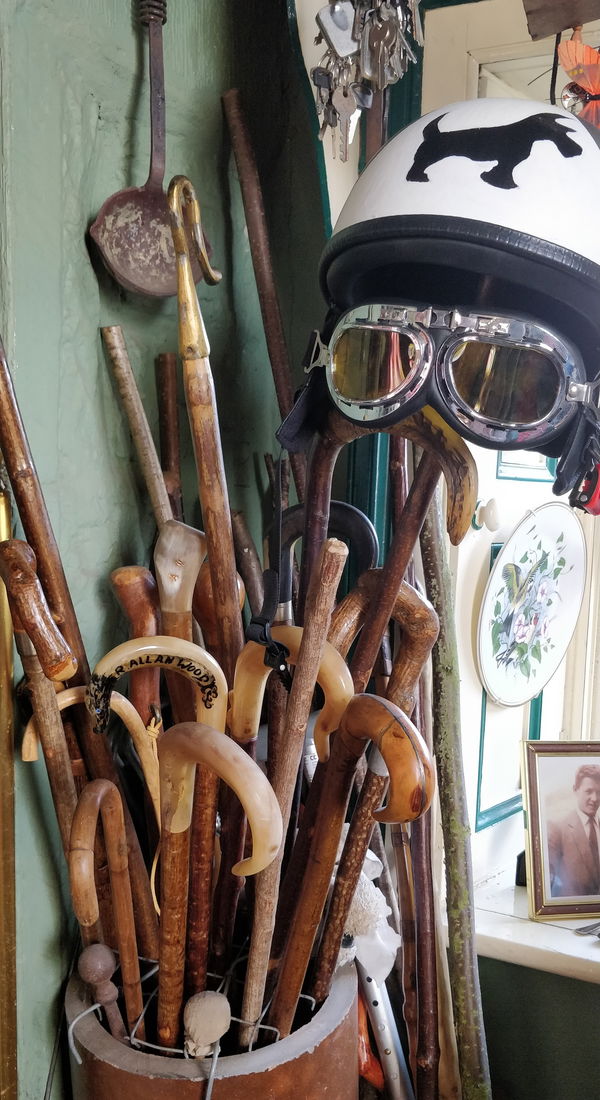
We move into Allan's 'domain.' In this room you cannot keep your eyes still as there are interesting things on all the walls and on every surface. He cannot find his first stick, but shows me many others he has made. Also, a fine model caravan and other bits and pieces he has created, found or collected.




I ask Allan specifically about his poetry writing.
“I write a poem the same way other folk would do a jigsaw. I try a few words here, and a little bit there, see if it fits, try it another way. I take care not to be too airy fairy - I like them down to earth”. However, his poetry, the words he chooses and the way he fits them together is very evocative. They feel and sound like the scenes he depicts.
“I study the sounds of things. I discovered a long time ago that there is music in everything, in the wind, in people's voices, in machinery, in nature”.
He tells me about dialect: “I listened to the old folk, the Coquetdale dialect, it is sort of sing-songy, I love that”. Allan reads me a poem about shepherds lambing - “What do you notice?” he asks. I reply: “You rhyme ewes with sows?” He is pleased I can hear and notice this (with my North West ear and accent). Allan knows a great deal about dialect and pronunciation. Indeed, his voice and poems are part of the remarkable series of films 'Bygone Coquetdale ' (See my other article, on The Lost News Reels).
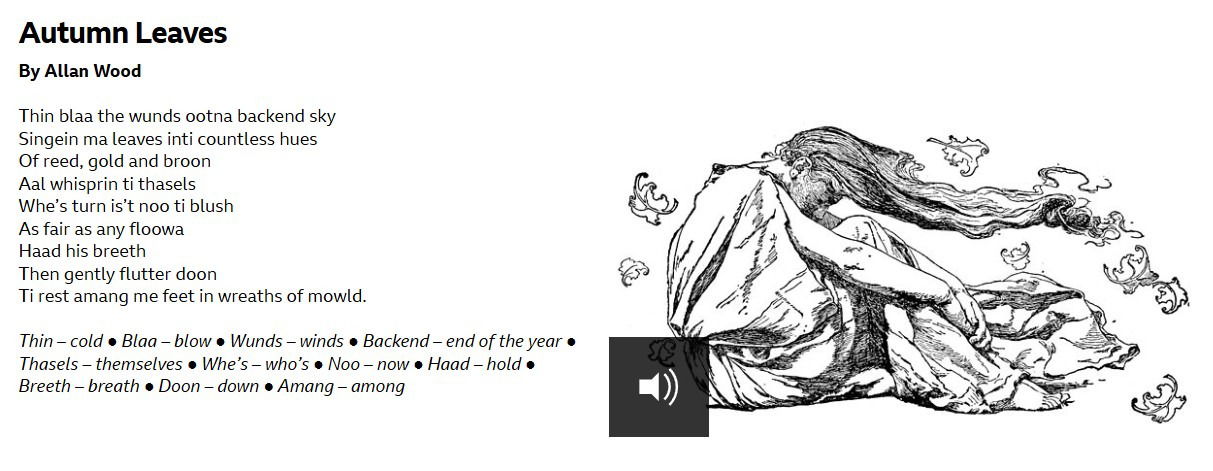

Allan takes me to see their caravan. From the outside, it looks ordinary enough, but inside he has made the most beautiful decorations. Flower motifs and little touches of ornamentation.


“What makes you most proud?” I ask. Their greatest achievement is their three daughters Allan and Evelyn say. Evelyn and their daughters are remarkable - all are creative in different ways too. But I would argue that besides them, Allan should be proud to be the kind, clever, artistic soul who has touched the lives of so many people, bringing joy and pleasure to so many folk.
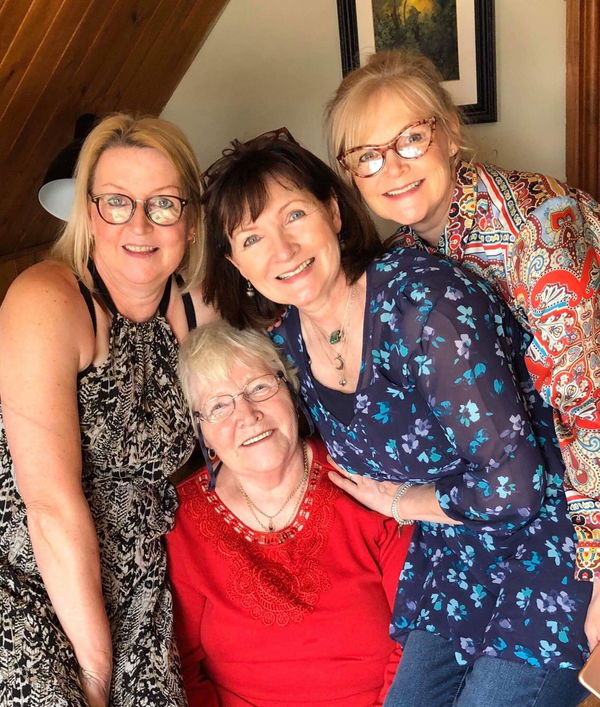


Get In Touch
If you would like to be interviewed for Coquetdale Creatives or have some news to share, then please let us know.
Contact Us